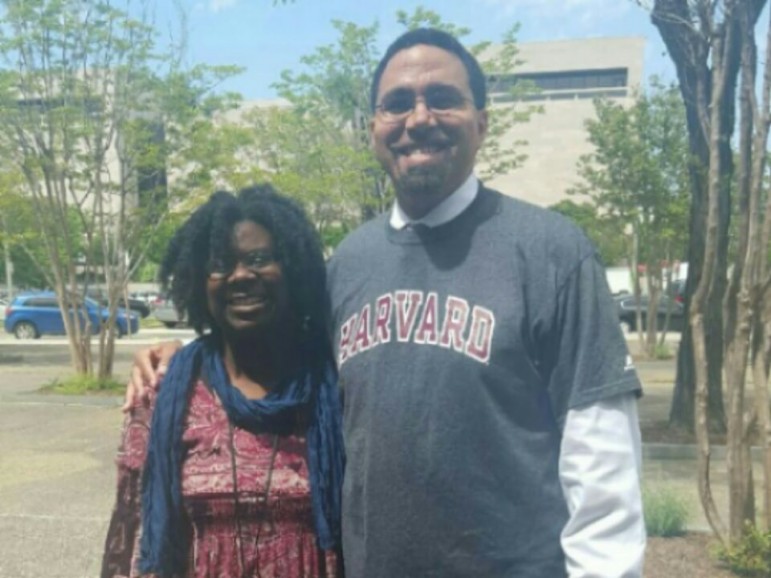Education Secretary John King Talks Graduation Rates, Testing and Education Reform
Millions of American high school students graduate this spring, and many aren’t ready for what’s next – college or career. In some states, students are swamped with mandatory tests to gauge what they’ve learned, how they learned, and how good of a job their teacher does. John King was confirmed as U.S. Secretary of Education in March. He talks about these issues, education reform challenges, and more with WBHM’s Sherrel Wheeler Stewart.
High School Graduation Rates
“The good news is that nationally the high school graduates has been rated the highest it has ever been at eighty-two percent. Those gains have been driven in no small part by significant reductions of the drop out rate from African-Americans and Latino students. We have also seen a million more African-American/Latino students in college than in 2008 also some good news.”
Preparation for College and Career
“We worry that too many of the students graduate from high school aren’t graduating ready for success in college and careers. Certainly we can see it in Alabama where more than a quarter of the students who are entering college are actually required to take remedial classes, which really are high school level classes.”
Suggestions for Improving Preparation for College
“We’ll try to continue to make sure we are working to have high school classes. Prepare students for the kind of work that they will be do in college…You want to make sure that students are reading the kind of texts, writing the kinds of papers, doing the kind of math that are required for success.”
School Testing and Assessments
“We think it’s important that parents and teachers have good information each year about the progress students are making. That information needs to line up with the expectation that when students graduate, they’ll graduate for college and careers.”
Impact of the Every Child Succeeds Act
“With the new law, we can broaden our definition of educational excellence. We can look beyond just English and Math and can also ask our students if they are getting Science, Social Studies, the Arts. Are they getting access to the advance course work or are students getting access to high quality career in technical education there is an opportunity for states to target their intervention to support those students who are more at risk and to get there teachers and principals the support that they need. But all that has to be done in the spirit that is consistent with the original Elementary and Secondary Education Act, which was adopted in 1965 as a Civil Rights Law.”
Supreme Court appears split in tax foreclosure case
At issue is whether a county can seize homeowners' residence for unpaid property taxes and sell the house at auction for less than the homeowners would get if they put their home on the market themselves.
Top House Dem wants Justice Department to explain missing Trump-related Epstein files
After NPR reporting revealed dozens of pages of Epstein files related to President Trump appear to be missing from the public record, a top House Democrat wants to know why.
ICE won’t be at polling places this year, a Trump DHS official promises
In a call with top state voting officials, a Department of Homeland Security official stated unequivocally that immigration agents would not be patrolling polling places during this year's midterms.
Cubans from US killed after speedboat opens fire on island’s troops, Havana says
Cuba says the 10 passengers on a boat that opened fire on its soldiers were armed Cubans living in the U.S. who were trying to infiltrate the island and unleash terrorism. Secretary of State Marco Rubio says the U.S. is gathering its own information.
Surgeon general nominee Means questioned about vaccines, birth control and financial conflicts
During a confirmation hearing, senators asked Dr. Casey Means about her current positions and her past statements on a range of public health issues.
Rock & Roll Hall of Fame 2026 shortlist includes Lauryn Hill, Shakira and Wu-Tang Clan
The shortlist also includes a 1990s pop diva, heavy metal pioneers and a legendary R&B singer and producer.







